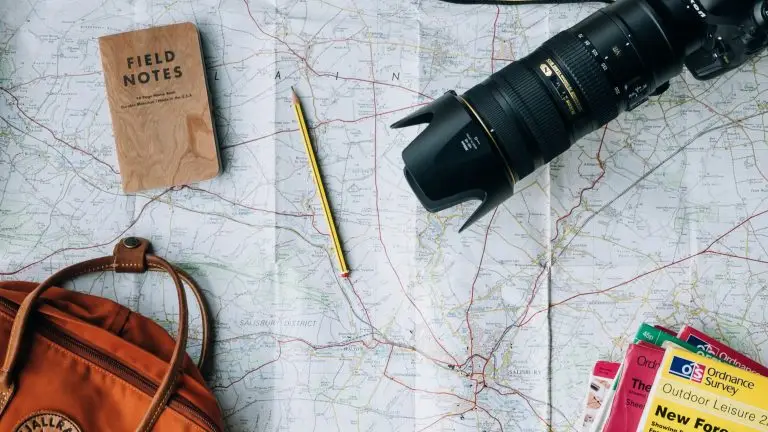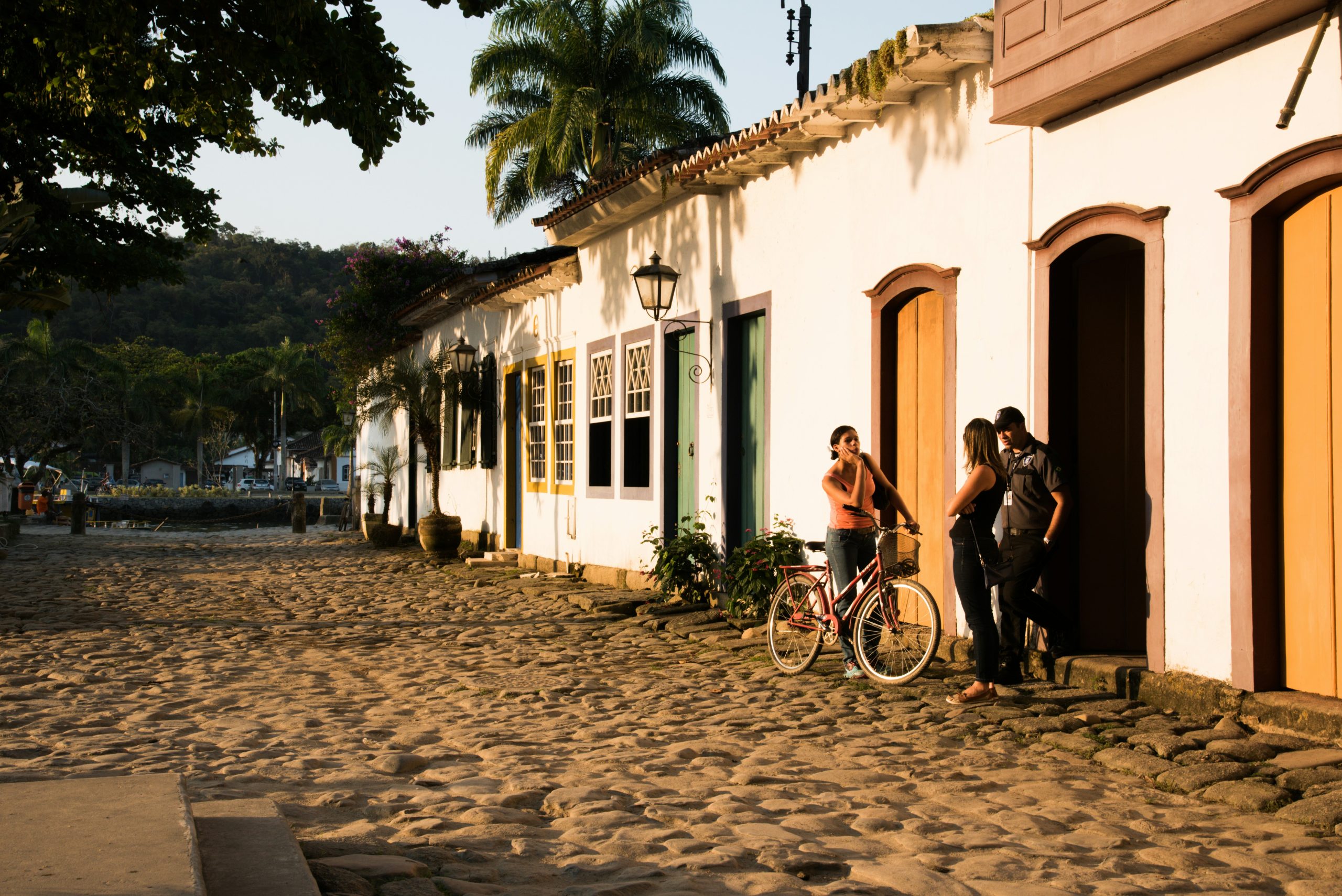
A Stranger’s Love
It was 4 a.m. in Paraty, Brazil. Dark, silent, almost deserted. I found myself sitting alone in the bus station, regretting that I hadn’t prepared
Brazil is huge; it’s four times the size of Mexico and more than a hundred times the size of the Netherlands (where I’m from). It’s no wonder people say Brazil is like a continent of its own — and that there isn’t just one Brazilian culture.
Soccer is a national obsession, once a year carnival fills the streets with joy, and Brazilian music echoes everywhere — yet these traditions take on unique forms depending on where you go.
I had the opportunity to live in São Paulo for three months, working on forestry projects for Rabobank, a bank with a big agricultural portfolio. I visited large farms in Mato Grosso, but also traveled alone, drinking Cachaça in Paraty, seeing the sunset in Copacabana, and learning about Capoeira and Candomblé in Bahia.
It didn’t take me long to see the vast differences that exist across regions. In Rio, it’s common to wear bikinis during carnival, but in Mato Grosso, many found that way too revealing. While Rio loves funk music, the interior and south prefer Sertanejo — often called ‘Brazilian country music.’
It’s easy to see that farmers in Brazil’s countryside, many of whom are of European descent, have a very different culture from Bahians, whose roots run deep in African heritage. Their food, music, and ways of life are entirely different. In terms of distance, it’s like comparing someone from Amsterdam to someone from Moscow. So it’s no surprise these differences show up clearly in politics. And yet, somehow, all of this is considered Brazilian culture.
There’s no way to capture everything I learned on one page, so I recommend you explore Brazilian culture directly through the voices of Brazilians, with the best Brazilian books, Brazilian music, and fantastic Brazilian movies.
If you had to pick three Brazilian authors to start with, go for Jorge Amado, Machado de Assis, and Clarice Lispector.
Amado takes you deep into the heart of Bahia—from street life to Candomblé ceremonies (Afro-Brazilian spiritual rituals).
Machado de Assis is a literary icon known for sharp irony and social critique. His 19th-century vocabulary is tricky, so when someone uses fancy words, Brazilians might joke: “Oh, look at that Assis over there!”
Lispector explores inner worlds with poetic, introspective prose.
Of course, there’s also Paulo Coelho—globally famous, though not always embraced as “real” Brazilian literature because his style isn’t rooted in local culture.
So, ready to dive into Brazilian Culture through the Bahian rhythms with Amado or urban Rio with Lispector? Start with these five books, or explore the complete list of the best Brazilian books.
I won’t lie—this book had a massive impact on me. Sometimes, the right story finds you at the right moment. For me, that was when my relationship began to fall apart. The tale of a young Andalusian shepherd chasing his dream helped me find the courage to trust the journey and follow my heart.
Lispector is known for her introspective, existential writing, and this short 96-page novel is no exception. It tells the story of Macabéa, a poor woman living on the margins of Rio, but the real focus is the male narrator and his struggle to tell her story. It’s as much about his inner turmoil and privilege as it is about her quiet, invisible life.
It’s often called Brazil’s Othello. Machado de Assis plays with memory, jealousy, and unreliable narration in the story of Bentinho and his childhood love, Capitu. Did she betray him, or is he just imagining things? No one knows—and that’s the genius of it. It’s not just a love story, but a masterclass in how we deceive ourselves.
I found this novel intriguing because it’s about farm workers—a world I’d only been somewhat exposed to. At first, it felt like magic realism, full of spiritual practices unfamiliar to me and two sisters bound by dark, strange secrets. But as I kept reading, I realized it wasn’t magic realism at all—it was hard truth, told by an author with a PhD in Ethnic and African Studies who discovered that slavery, despite being abolished over 130 years ago, still exists today in different forms.
When I started working with Brazil, a friend gave me this classic novel. It follows a gang of street kids in Salvador who rely on each other and crime to survive. It’s raw, explicit, and shocked many Brazilians when it was published, because they didn’t realize that these issues with kids who were so young existed.
In 2025, it finally happened. Brazil won its first Oscar for I’m Still Here (see below). It didn’t come as a surprise, though. Brazil is a huge movie country and has produced many internationally acclaimed films in the past.
So, what should you watch?
Picking a top 5 is not an easy task. First of all, because there are many great movies out there, but more importantly, because of what they represent.
Making a movie is an expensive and tedious process. You only embark on this journey if being a movie director is your true vocation, or if you have a vital story to tell. And these stories are often the most traumatic ones. Plus, violence and extreme narratives sell, which is why you’re constantly drowning in serial‑killer documentaries on Netflix.
While it helps you understand a country’s issues and traumas, it can also create a negative, biased image, because even if past wars and dictatorships won’t affect you directly, they can still leave a nasty subconscious imprint.
Brazil, like many countries, has its issues. You’ll see some recurring themes are poverty-related violence between police and gangs in the communities (‘favelas’) such as City of God and Elite Squad, or corruption and power abuse in Brainstorm and Bacurau.
But Brazilian culture is also carnival, the celebration of life, hospitality, openness, and warmth. You can find some of this in films like A Dog’s Will, The Dreamseller, and many Brazilian movies on Netflix or the Brazilian streaming platform Globoplay.
If you’d like more films, here’s a list of the top 11 best Brazilian movies.
It’s one of the most Brazilian books of all time based on a novel by Paulo Lins. It also features the famous singer (and actor) Seu Jorge. The movie tells the story of a group of kids who grow up in a rough neighbourhood and as they navigate their ways through the violence and corruption.
Elite squad is another crime movie, following the daily lives of elite police officers in Rio de Janeiro. It’s a very tense movie as it shows the violence of the drug gangs as well as the violent encounters between the squad and gangs. It features one of Brazil’s greatest actors, Wagner Moura.
Neto is a young man who seems aimless and unmotivated. When his father finds him with drugs, he sends Neto to a psychiatric institution. Inside, the facility uses electric shocks and operates under perverse incentives to keep patients locked in. The extreme conditions ultimately do more harm than good. Based on a true
I’m Still Here is the first Brazilian film to win an Oscar. This political drama is based on the true story of Eunice Paiva, whose husband is abducted by the military regime. The film follows her 25-year fight to get the government to officially acknowledge his death. Eunice is portrayed by Fernanda Torres and, in later years, by her real-life mother, Fernanda Montenegro, who also starred in Central do Brasil, Brazil’s last Oscar-nominated film, by the same director.
A Dog’s Will is an all-time Brazilian classic. It tells the story of some outlaws hired to kill a wealthy landowner in the sertão (the dry interior of northeastern Brazil). The film is a humorous take on the western genre and offers an insight into Northeastern Brazilian culture.
Brazilian musicians are among the most renowned in the world. Some of the most famous Brazilian music genres are Samba, Bossa Nova, MBP (Popular Brazilian Music), but more recently also Funk, especially in the DJ scene.
Why is Brazilian music so famous?
It transmits the Brazilian vibe and Brazilians’ love for life, joy, and warmth. The tunes are catchy, they feel fresh and exotic to many Europeans and North Americans, but they’re close enough to the pop and jazz songs they know, unlike Arabic or Indian music, which are fantastic but so different that it takes your ears time to get used to them.
So, what genres are key to understanding Brazilian culture?
Everyone knows Samba, the music style at Brazilian carnival, Bossa Nova (most famously known for João Gilberto’s The Girl from Ipanema, although originally from Afro-Brazilian communities. Popular Brazilian Music (MBP) and Tropicalia pioneered by artists like Gilberto Gil and Caetano Veloso. But also Forró, dance music from the northeast, funk (originally from Rio), and the hugely popular Sertanejo, Brazil’s country-pop.
It’ll be difficult to discuss all of it here, which is why I’ll give you some playlists I got from friends and people I met, to enjoy:
To get the Brazilian beach vibes with all the popular hits and samba vibes, check out the playlist below.
If you’re keen to dive a little deeper, then you should listen to this list. It contains all the classic but plenty of lesser-known songs.
Brazil has a huge interior and agricultural sector. If you want to listen to the Brazilian ‘country’ music, Sertanejo, this is the right playlist for you.
When I was in Brazil, I compiled all the Brazilian songs I could find into a single Spotify playlist. If you want to discover all Brazil has to offer, this final list is for you. Enjoy!

It was 4 a.m. in Paraty, Brazil. Dark, silent, almost deserted. I found myself sitting alone in the bus station, regretting that I hadn’t prepared
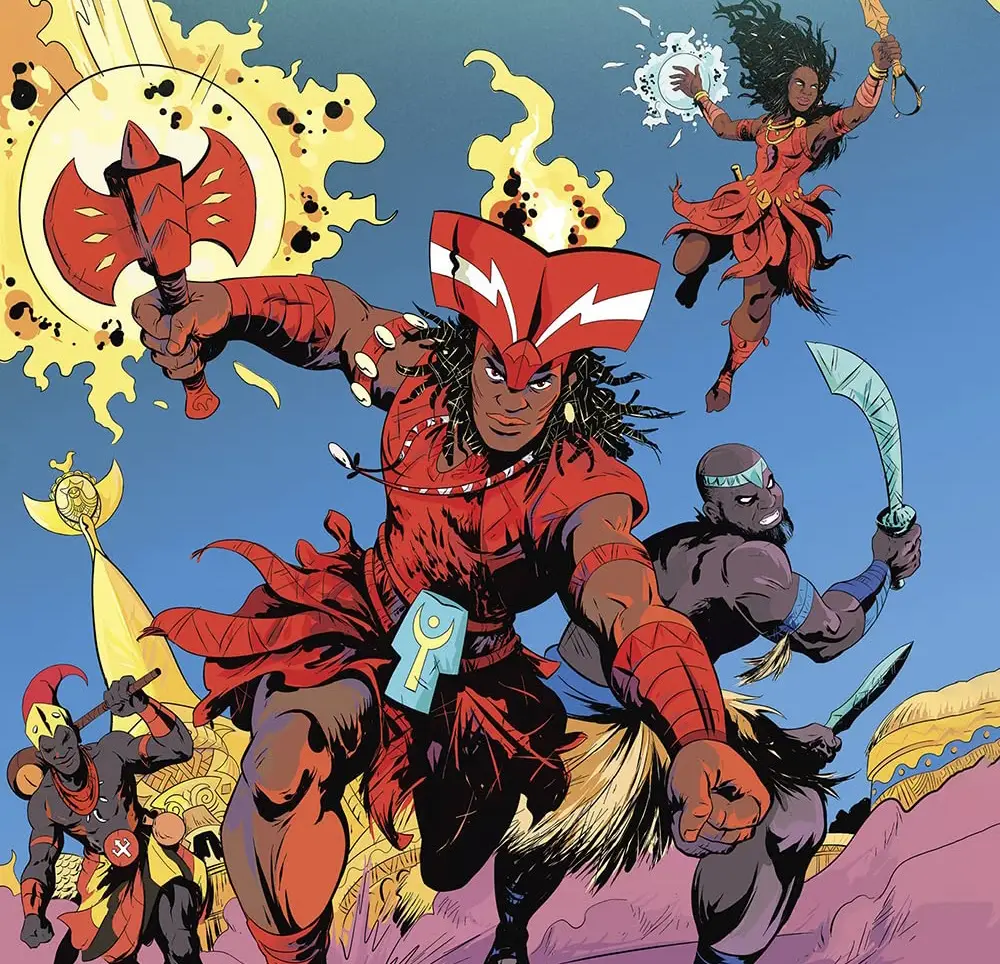
Last year, I visited Bahia, one of the most magical places I’ve ever been. Its capital, Salvador, is known as the blackest city outside of
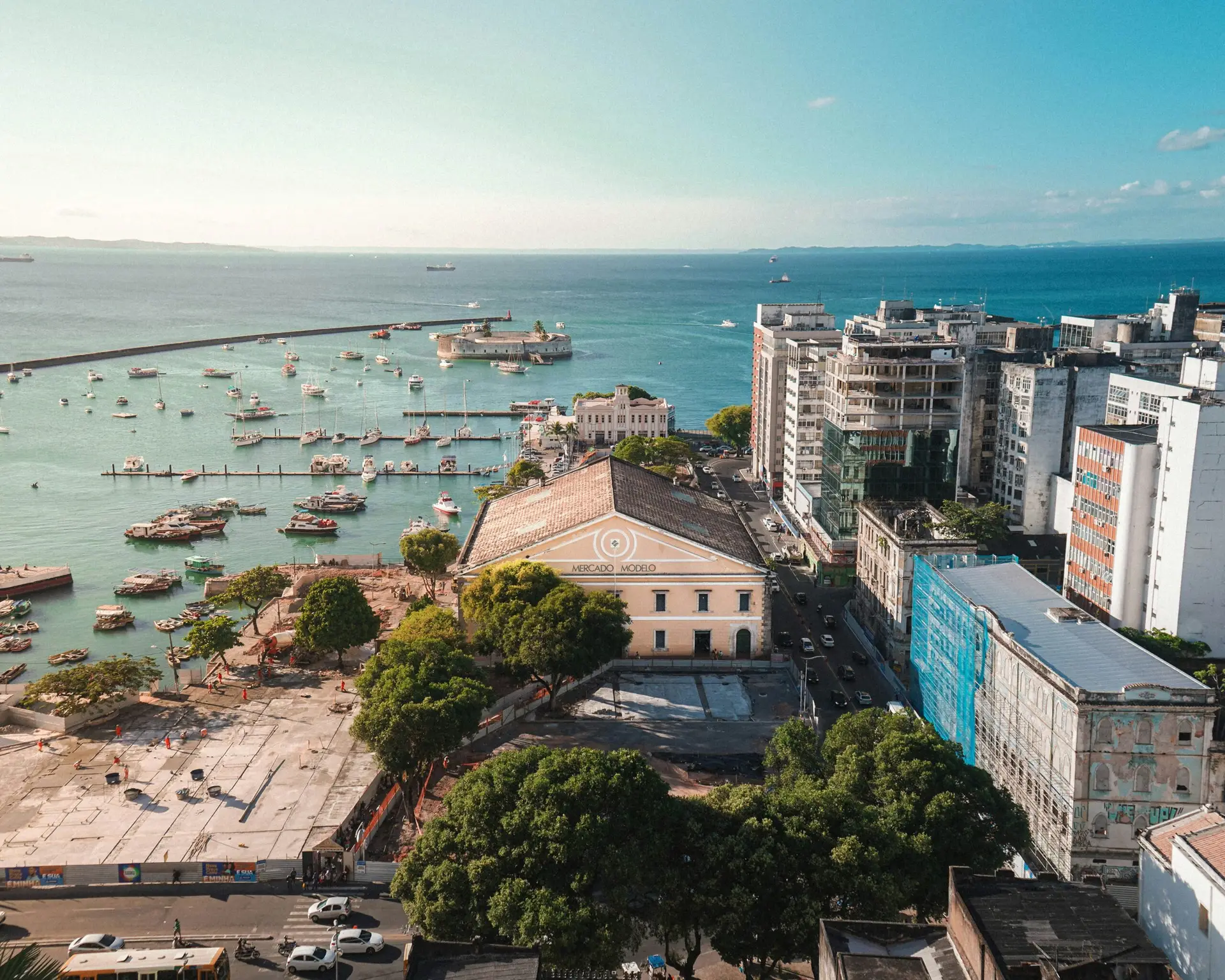
“Bahia Days Are Like Holidays,” – Captains of the Sand by Jorge Amado. Sometimes, for some unexplainable reason, you feel connected to a city even
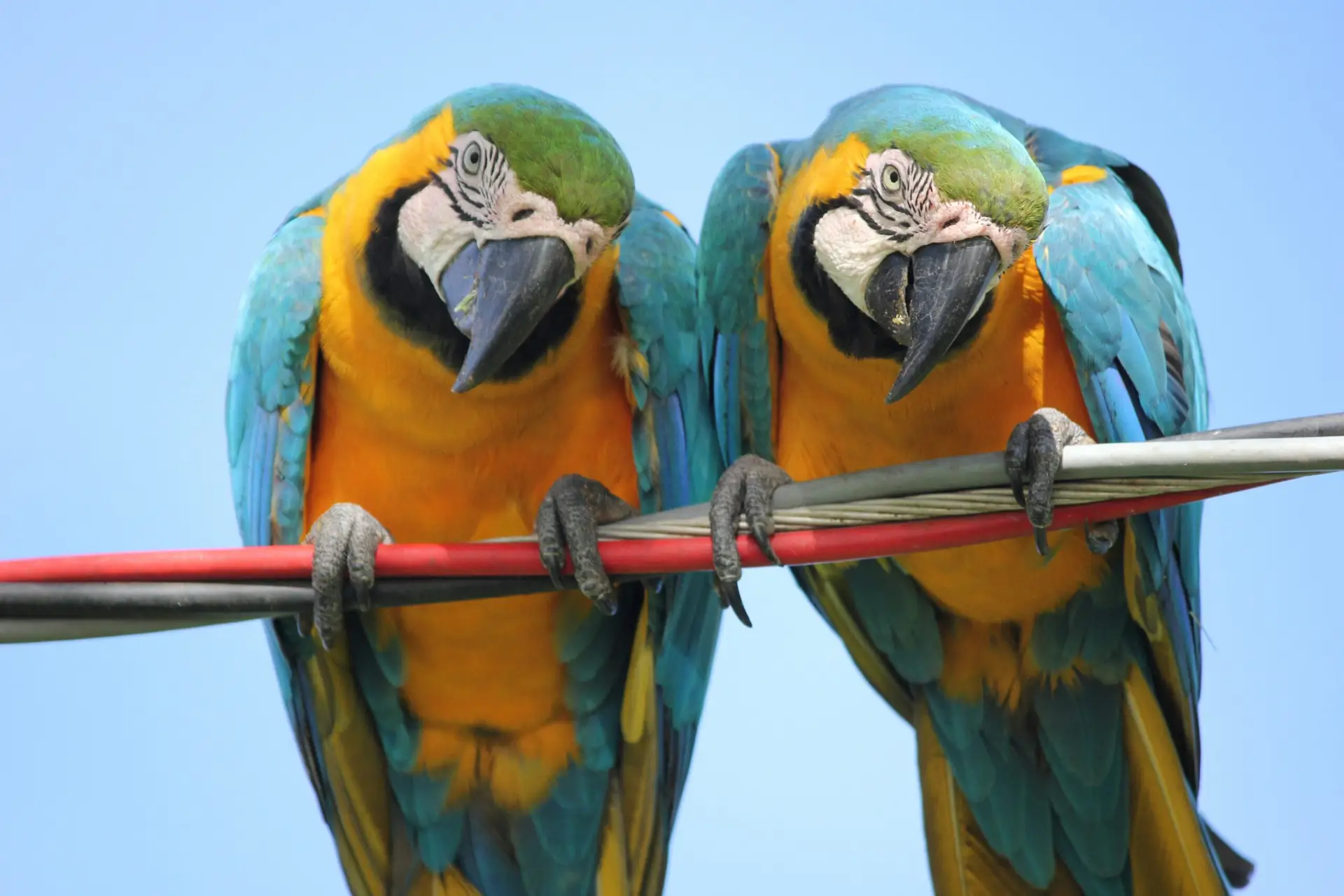
There are many interesting aspects that generally everybody knows. For example, Brazil is seventh most populous and fifth-largest country by area of planet Earth. It
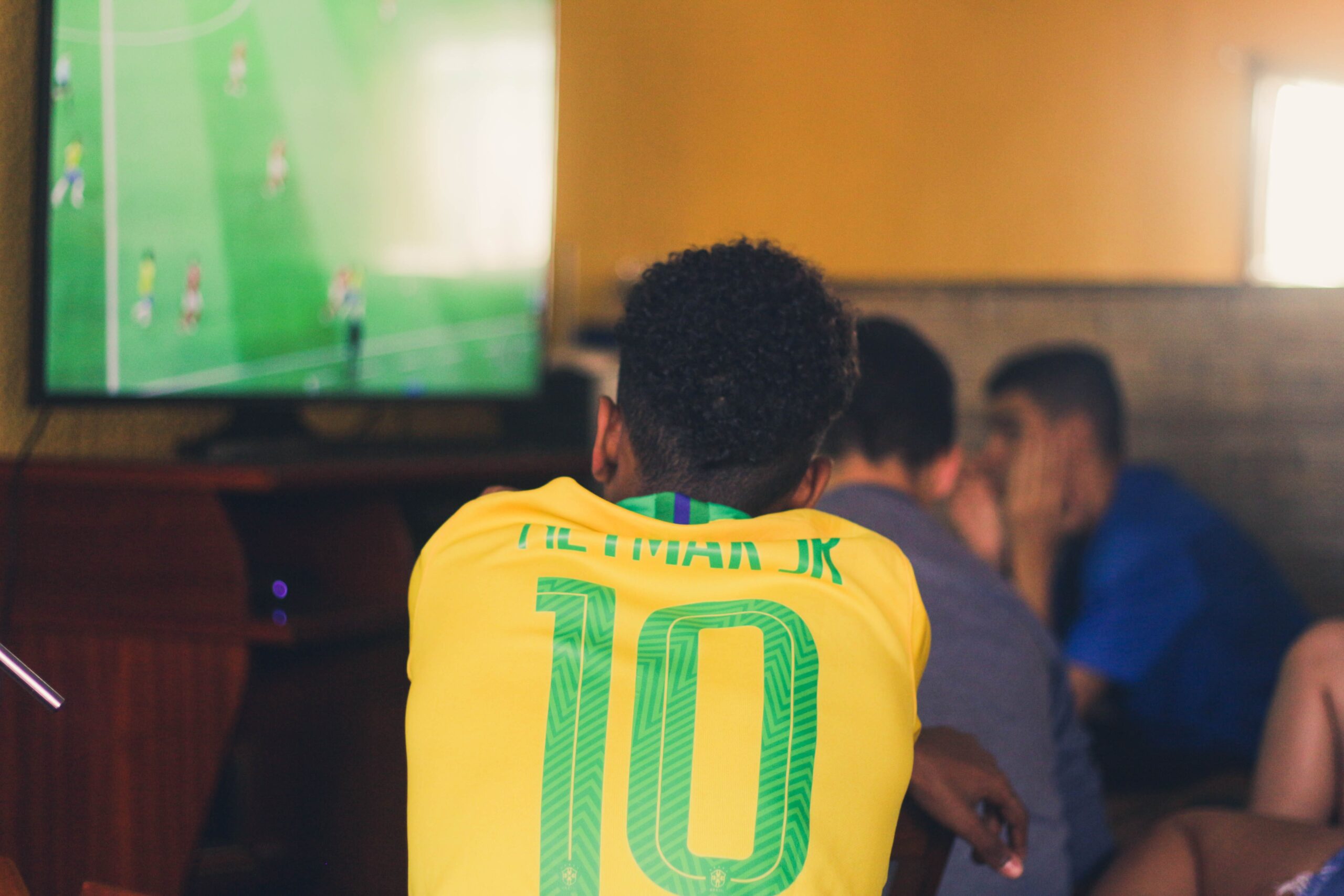
Are you curious about the artistic and varied cinematic landscape of Brazil? Brazilian cinema has something for every taste, from drama to humor, action to
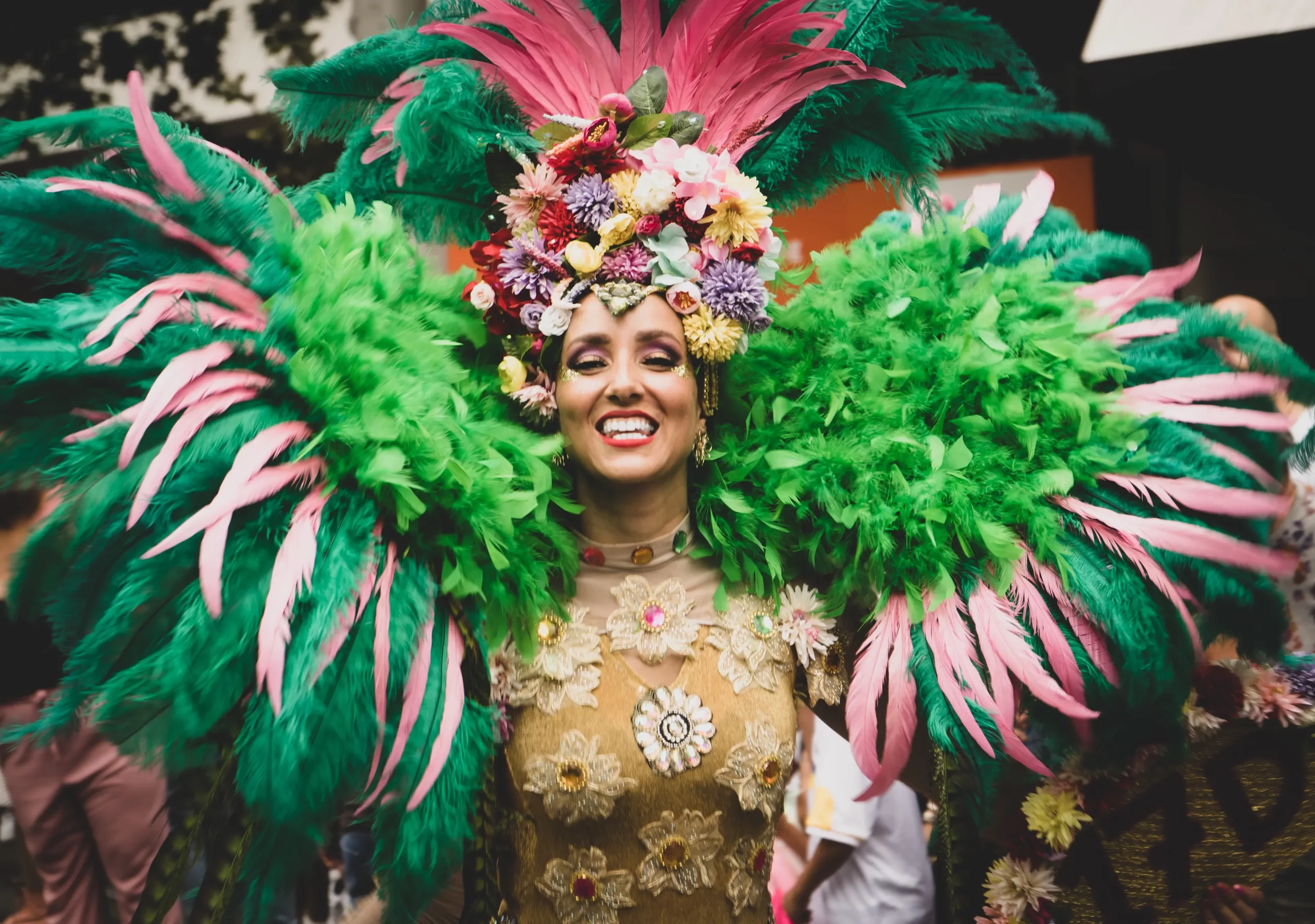
Beautiful beaches, soccer, and Brazilian carnival are some of the first things that come to mind when considering South America’s biggest country. But Brazil is
